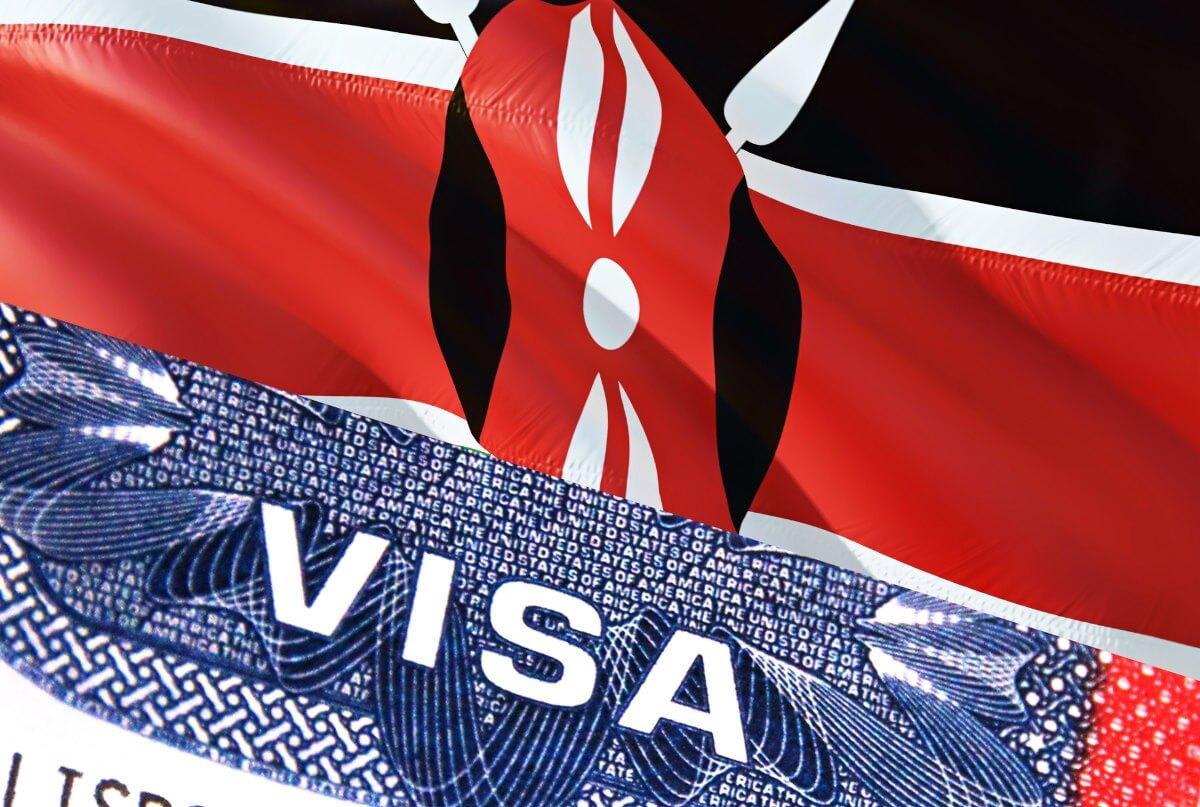Hiring the right talent is the backbone of business success. But what happens when your business grows, and you need to scale your hiring process? Many companies struggle with recruitment inefficiencies, leading to delays, poor candidate experience, and mismatches between roles and hires. The key to overcoming these challenges is building a scalable hiring process from day one.
This blog post will guide you through the essential steps to create a hiring process that grows with your business, ensuring you attract, assess, and onboard top talent efficiently and effectively, even as your needs evolve.
What is a Scalable Hiring Process?
A scalable hiring process is a repeatable, consistent, and adaptable recruitment system that supports company growth without sacrificing candidate quality, speed, or team cohesion. It ensures you don’t have to rebuild your hiring approach every time you grow.
Why Scalability Matters in Hiring
A hiring process that cannot adapt to business expansion will ultimately become a bottleneck. Scalability ensures:
- Efficient use of resources by automating and streamlining recruitment efforts.
- Faster recruitment cycles by reducing time-to-hire through structured processes.
- Higher-quality hires by ensuring that candidates are assessed thoroughly and fairly.
- Seamless candidate experience to improve employer reputation and attract top talent.
- Greater alignment with business growth to help teams meet their evolving needs.
When organizations prioritize scalable hiring, they reduce hiring chaos and make talent acquisition more predictable and efficient.
Key Pillars of a Scalable Hiring Process
Building a process that scales requires a strategic approach. Here are the fundamental elements to consider from the very beginning:
1. Define Clear Hiring Goals and KPIs
Before you even think about writing a job description, understand why you’re hiring and what success looks like.
- Strategic Workforce Planning: Don’t just react to immediate needs. Project your future talent requirements based on your business growth objectives. What skills will you need in 6 months, 1 year, 3 years?
- Develop Job Scorecards: Beyond a simple job description, create a detailed scorecard for each role. This outlines the specific outcomes, competencies, and cultural fit required. This provides a clear, objective benchmark for evaluation.
- Key Performance Indicators (KPIs): Define metrics to track the efficiency and effectiveness of your hiring process. Examples include:
- Time-to-Hire: The duration from job opening to accepted offer.
- Cost-per-Hire: The total expenses associated with recruiting a new employee.
- Quality of Hire: A measure of how well new hires perform and integrate into the company.
- Offer Acceptance Rate: The percentage of offers extended that are accepted.
2. Standardize and Document Everything
Consistency is the bedrock of scalability.
- Standardized Job Descriptions: Create templates for job descriptions that include essential information like company culture, mission, responsibilities, qualifications, and benefits. Tailor the specifics for each role but maintain a consistent structure.
- Structured Interview Process: Develop a consistent set of interview questions (behavioral, situational, technical) aligned with your job scorecards. Train all interviewers to ensure a fair and objective evaluation.
- Clear Candidate Evaluation Criteria: Establish clear criteria and a rating system for assessing candidates at each stage. This minimizes unconscious bias and ensures everyone is evaluated against the same standards.
- Document Your Process: Create a comprehensive “Hiring Playbook” that outlines every step, from requisition approval to onboarding. This serves as a training tool for new hiring managers and ensures continuity.
3. Leverage Technology and Automation
Technology is your best friend when it comes to scaling.
- Applicant Tracking System (ATS): An ATS is non-negotiable for a scalable hiring process. It centralizes applications, streamlines communication, automates routine tasks (like sending rejection emails), and provides valuable data.
- Pre-Employment Assessments: Implement skills tests, cognitive assessments, or personality evaluations to efficiently screen large volumes of candidates and identify those with the right aptitudes.
- Video Interviewing Platforms: Utilize video interviews for initial screenings, especially when hiring across diverse geographical locations in Africa. This saves time and travel costs.
- Recruitment CRM (Candidate Relationship Management): Build a talent pipeline by nurturing relationships with passive candidates for future openings.
- Cross-border payroll setup via Employer of Record (EOR) services like Talent PEO Africa help startups and scaling companies automate onboarding, payroll, and compliance, so HR teams can focus on people, not paperwork.
4. Prioritize Employer Branding and Candidate Experience
In a competitive talent market, your company’s reputation matters.
- Authentic Employer Brand: Clearly articulate your company’s values, mission, and culture. Showcase what makes your organization a great place to work through your website, social media, and employee testimonials.
- Compelling Job Advertisements: Go beyond generic job ads. Craft engaging descriptions that highlight the unique aspects of the role and your company.
- Positive Candidate Journey: Ensure every candidate, whether hired or not, has a positive experience. Provide timely communication, clear expectations, and constructive feedback where appropriate. A good experience even for rejected candidates can turn them into future advocates.
5. Build and Empower Your Hiring Team
Hiring isn’t just an HR function; it’s a company-wide responsibility.
- Train Hiring Managers: Equip your hiring managers with the skills and knowledge to conduct effective interviews, evaluate candidates objectively, and represent your employer brand.
- Cross-Functional Involvement: Involve team members from different departments in the hiring process, fostering a sense of shared ownership and ensuring diverse perspectives.
- Regular Feedback Loops: Encourage feedback from hiring managers and candidates to continuously refine and improve your process.
6. Ensure Compliance and Diversity
Hiring practices should align with labor laws and promote inclusivity. Companies with diverse teams tend to outperform competitors due to innovation and varied perspectives.
Best Practices:
- Ensure compliance with employment laws, contracts, and regulatory requirements.
- Use bias-free recruitment assessments to promote fair hiring.
- Foster diversity and inclusion by removing barriers for underrepresented talent.
A structured approach to compliance ensures a fair and equitable hiring process that attracts diverse candidates.
7. Focus on Onboarding and Retention from Day One
The hiring process doesn’t end with an accepted offer. A strong onboarding process is critical for retaining top talent and maximizing their impact.
- Pre-Boarding: Engage new hires before their start date with welcome emails, necessary paperwork, and information about their team and the company.
- Structured Onboarding Program: Provide a clear, structured onboarding plan that covers administrative tasks, company culture, role expectations, and training.
- Mentorship and Buddy Systems: Pair new hires with mentors or buddies to help them integrate into the team and understand the company culture.
According to industry studies, businesses that invest in employee retention experience higher productivity, reduced hiring costs, and improved workplace morale.
Common Challenges in Scaling Hiring Processes
Even with a well-structured hiring strategy, organizations may encounter obstacles such as:
- Inconsistent hiring practices across departments.
- Limited resources for talent acquisition at early growth stages.
- Difficulty attracting top talent in competitive markets.
- Long hiring cycles due to manual recruitment workflows.
By implementing automation, refining employer branding, and standardizing hiring procedures, companies can overcome these challenges.
Conclusion
You don’t need to implement every process or tool immediately. The goal is to lay the foundation for future growth. Even a three-person startup needs scalable hiring practices if they plan to become a team of 100 across several African countries.
At Talent PEO Africa, we help businesses hire, onboard, and pay employees seamlessly across Africa. Whether you’re a startup looking to make your first hire or a global company entering African markets, our platform ensures your hiring process is compliant, scalable, and stress-free.















